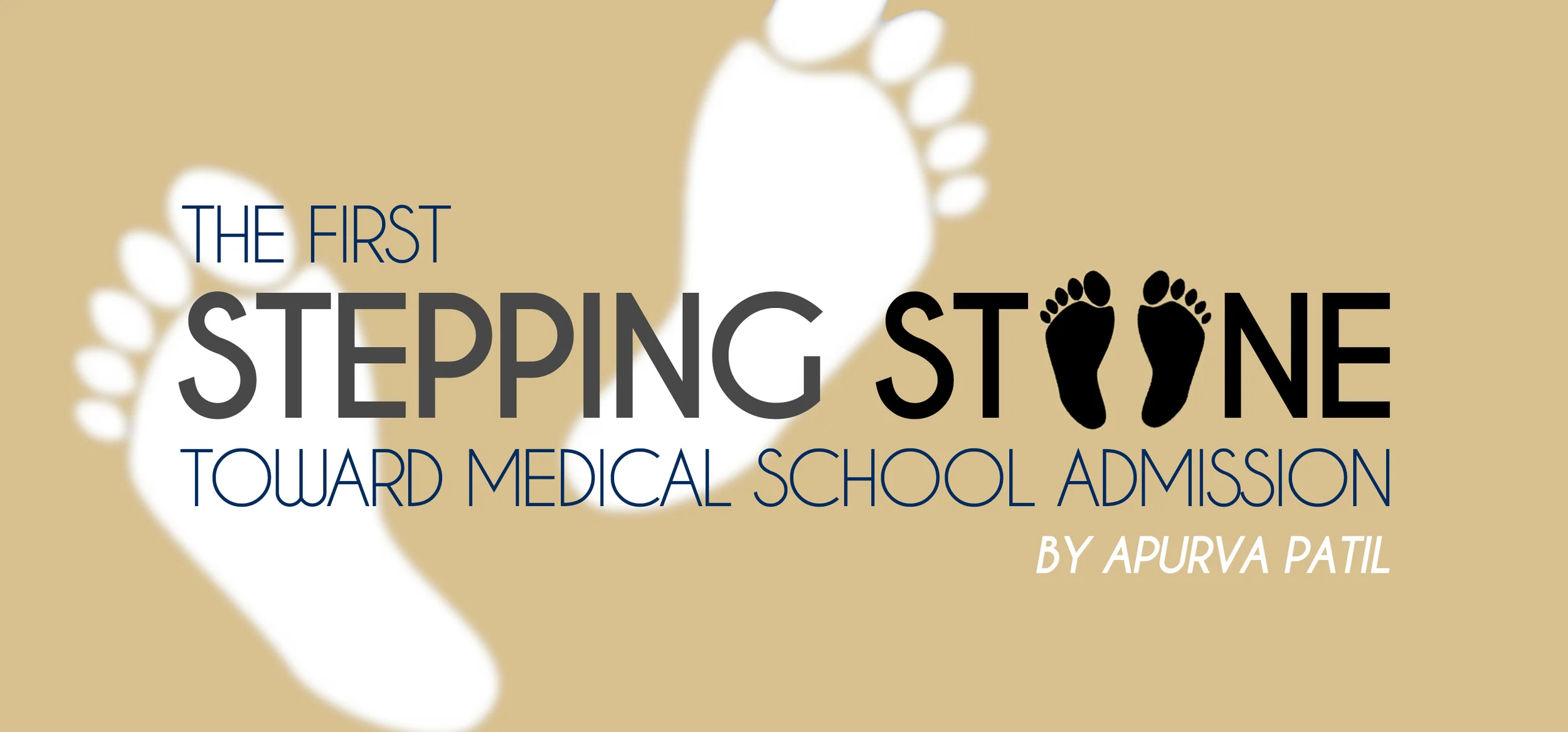Graphic by Dheeraj Jalluri
The First Stepping Stone Towards Medical School Admission
by Apurva Patil
Spring is upon us! However, upperclassmen pre-med students have something much more pressing coming up soon: medical school applications.
Luckily for Pitt pre-med students, there is a process already in place to guide them through this intricate spider web of admissions: the University of Pittsburgh’s pre-professional health committee.
So what exactly is the purpose of the pre-professional health committee?
Simply put, the pre-professional health committee is designed to aid students that are planning to attend dental, osteopathic, or allopathic graduate schools. It is made up primarily of Pitt faculty members (including neuroscience professor Debra Artim, PhD, and pre-med advisor Andrea Abt) who evaluate the strength of the applicants and guide them through the application process. Many are unaware of its existence at Pitt while even more are unaware of its existence elsewhere.
What does the committee do for you?
The committee writes a letter for every student who meets the eligibility criteria. The strength of the letter directly corresponds to the strength of the candidate’s application.
Pitt’s pre-professional health committee looks for basic competencies, which range from integrity and ethics to cultural competence, resilience and adaptability. One can demonstrate these qualities through letters of recommendation and by participating in unique activities that exemplify these attributes. Study abroad experiences, volunteer record, clinical experiences, research experiences and campus-based club involvements are just a few of the countless activities that you can be involved in as a prospective medical student. Since no “ideal” activity exists, you are advised to simply pursue ones that interest you the most.
In addition to being active, having high GPAs and stellar MCAT scores, the American Medical Association (AMA) wants future doctors who are altruistic and have good bedside manners. These competencies are an important part of the committee application and are included to establish a well-rounded candidate.
What if I do not meet the eligibility requirements?
If this is indeed the case, you may choose to either repeal the committee’s decision by speaking to the pre-med advisors (Abt or Angela Illig) or apply to medical schools without a committee letter. However, since committee requirements and competencies mirror the Association of American Medical Colleges (AAMC) and medical school requirements, applying without a committee letter is usually indicative of not being able to meet general medical school requirements and is therefore not advisable.
The American Medical College Application Service (AMCAS) and the American Association of Colleges of Osteopathic Medicine Application Service (AACOMAS) both open their online applications on May 1, 2016 for the upcoming cycle. You will have to create an account through AMCAS/AACOMAS, select the option “committee letter” and include the contact of Abt (regardless of whether or not she is your pre-med advisor). Soon after, your committee letter, as well as all other letters of recommendation, will be uploaded online by the people who have written them for you. You may choose to apply to both osteopathic and allopathic schools. However, you will have to complete two applications, one through AMCAS and the other through AACOMAS.
It is generally advised to begin the application as soon as possible, since it tends to be a long process. To learn more about the eligibility requirements, you can set up an appointment with Abt or Illig at any time. These advisors guide individual students towards their specific goals and are a useful resource for all pre-med students.
Capping it all off
In order to apply to medical school through Pitt's pre-professional health committee, you must submit a detailed resume containing your involvement in activities and experiences throughout the undergraduate years. These can include everything from a published research paper and clinical exposure to traveling abroad and volunteering overseas, just to name a few. In essence, the resume outline is a great way for you to demonstrate that you satisfy the basic requirements.
The final, and probably the biggest, step is preparing a personal statement. Here, you will explain your passion for medicine, as well as what you have done to prepare for a career in the field. It is important to relate different experiences in a positive manner and, above all, to be honest with yourself and your experiences as far as what you have learned from them. Nicole Silva, a current senior who applied through the committee last year, and Nicholas DelBuono, a Pitt alumnus who applied through committee two years ago, both describe how the personal statement was the most time-consuming aspect of their applications and advise future applicants to set some time aside for writing and perfecting their personal statements.
The committee is present to help you, and their letters of recommendation will be based on the content of all the materials you submit. DelBuono explains that although he was extremely busy during the application process with other priorities, such as graduation and thesis submission, he emphasizes the importance of time management and explains that, pragmatically, “the committee application totally relieved excess paperwork for the actual applications.” Similarly, when asked about her application experience at Pitt, Silva reflects on the process as a generally positive one, especially if one manages their time well. “Pitt has been doing this for years, and we always have successful graduating classes with a huge percentage of students entering medical school.”
